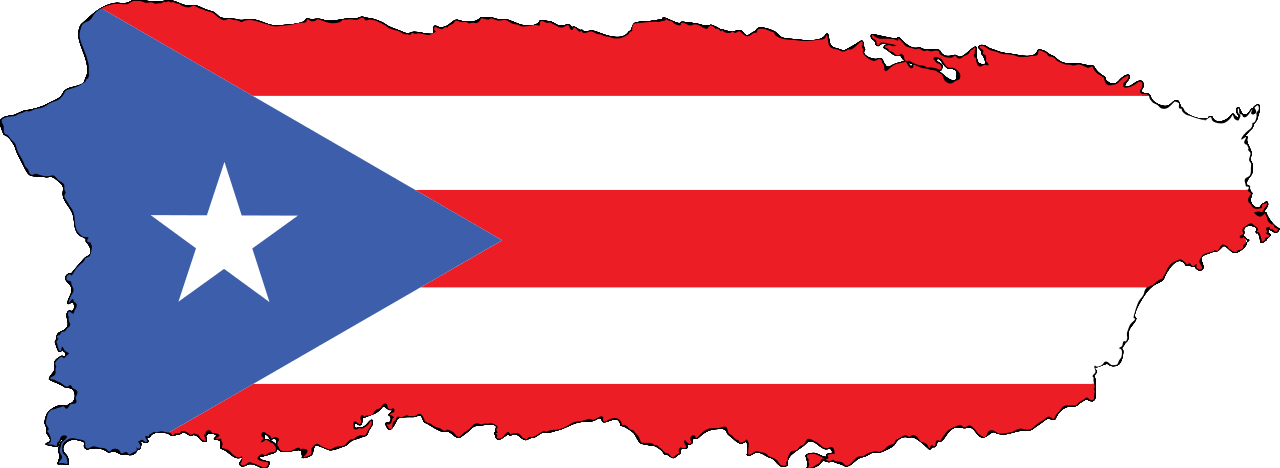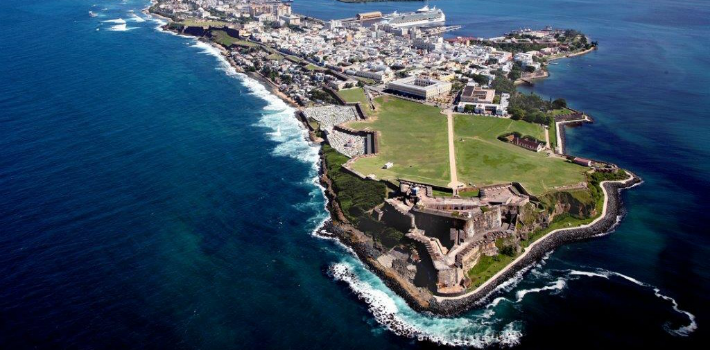
Puerto Rico: The hour of truth
HAVANA — In the mid-20th Century, U.S. diplomacy scored one of its greatest triumphs. It made the world believe that Puerto Rico had ceased to be a colony to become a strange entity called the “Associated Free State,” or commonwealth.
It was said at the time that the island, after fully achieving its autonomy, had decided to sign with its former metropolis a pact that was freely agreed upon by equals.
At the time, that spawn was presented as a point of reference, as a model to be followed by other nations. The territory was invaded by capital from the north that profited from privileges and tax exemptions and exhibited remarkable indices of growth. There was even talk about a Puerto Rican economic “miracle.”
The deep reality took other paths. The native productions — agriculture, industry, services — were crushed by those of the powerful “partner.” To many, emigrating to the United States became the only way out, while their homeland became irredeemably foreign.

The unending exodus shows eloquent figures. About 3 million people remain on the island, while 5 million lead a sorry life in a North America that discriminates against them and despises them.
To impose that model, Washington viciously persecuted the nationalists and independence seekers. The “democratic showcase” denied the people their inalienable right to liberty, and to do that resorted to all methods, including repressive violence.
The patriots never ceased in their struggle for independence and worked hard to unmask the colonial farce and attain an indispensable international solidarity.
They did so with admirable tenacity at the United Nations Organization, ever since the U.N. in 1960 proclaimed the right of all peoples to self-determination and independence. In 1973, they made sure that the Committee on Decolonization would support their plea every year thereafter.
Meanwhile, the Commonwealth’s economic design plunged into a deepening crisis that threatens it today with bankruptcy and insolvency. The local authorities — the Governor and the Legislative Assembly — tried to find solutions, believing that they had the power to do so and that they could count on the support of their alleged “partner.”
The truth, however, imposed itself in a surprising and brutal manner. Within a few days, almost simultaneously, the U.S. Supreme Court, the U.S. Congress and President Obama said it loud and clear, so everyone might understand: Puerto Rico lacks its own sovereignty; it is merely a colonial territory and completely subjected to the decisions of its master.
Lest anyone become confused, those institutions issued a law creating the Fiscal Control Board. Its seven members, appointed by Washington, will manage and direct the colony.
The generalized indignation exploded forcefully this summer at the U.N. committee session. Attending were dozens of representatives of all trends and sectors of society, including Governor Alejandro García Padilla.
In addition to passing once again the resolution that upholds Puerto Rico’s right to independence, the committee took a step forward and decided unanimously to ask its chairman to promote a dialogue between Washington and the Puerto Ricans to achieve the island’s decolonization. That way, it offered a constructive way out, which Obama should take advantage of.
Having acknowledged that it deceived the world and that Puerto Rico remains the world’s main colony, the United States has an inescapable obligation to put an end to a situation that violates international law and has lasted for far too long.
Ricardo Alarcón, a Ph.D. in Philosophy and Literature, is a Cuban writer and politician. He was an ambassador to the United Nations and Foreign Minister of Cuba. For 20 years, he presided the Cuban National Assembly of the People’s Power (Parliament.)

